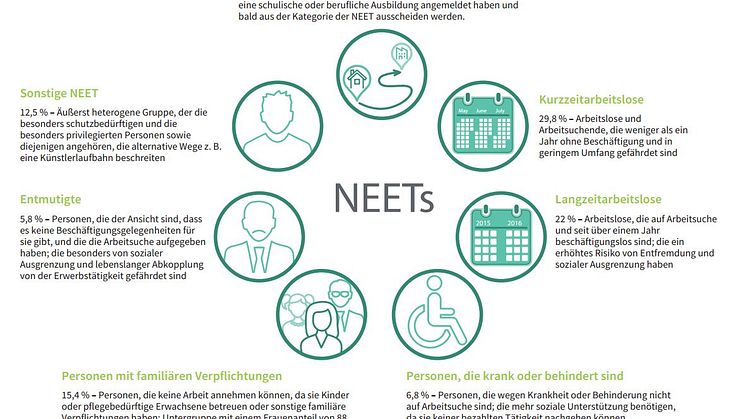Stamping out fraud in hiring practices across Europe
Research Manager Isabella Biletta looks at fraudulent practices in the contracting of work across the EU. The article is based on several years of Eurofound research on the subject.
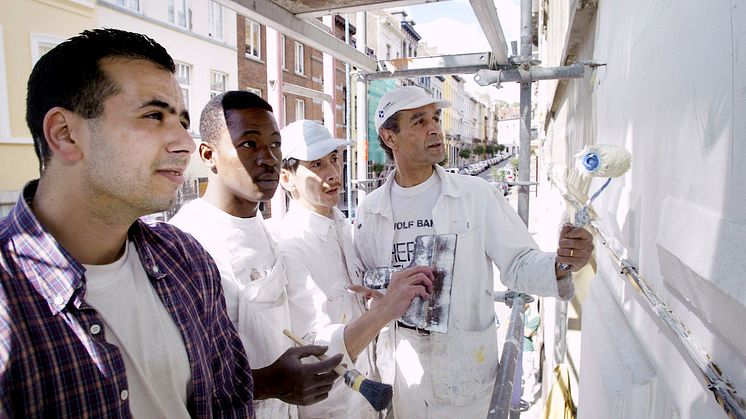
Research Manager Isabella Biletta looks at fraudulent practices in the contracting of work across the EU. The article is based on several years of Eurofound research on the subject.

Invitation to 'Future jobs - current challenges: Cedefop 2018 Skills forecast' launch event, in Brussels on 8 June 2018

In this blog piece, originally published in Social Europe, Karel Fric and Camilla Galli da Bino look at the issue of discrimination against men in the workplace in Europe, and the current lack of research in this area.
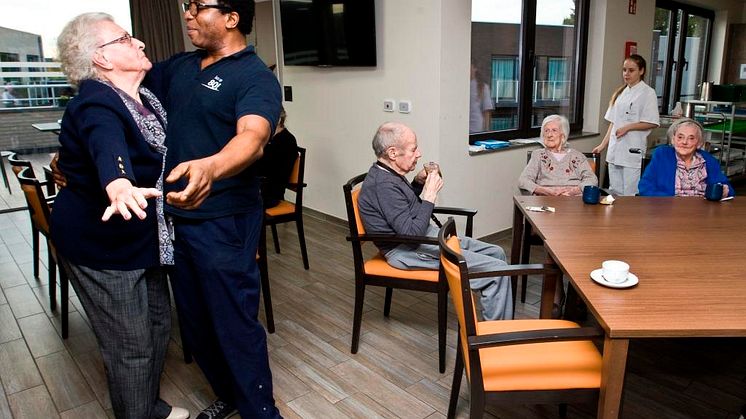
The integration of migrants from outside the EU into society is one of the key challenges that the Union must address to maintain social cohesion and equality. In this blog piece Enrique Fernández-Macías and Tania Paniagua de la Iglesia look at how well migrants and their descendants have integrated into the labour markets of EU Member States.

Increases to minimum wages have gathered pace since 2010, with the highest increases recorded in countries which had the lowest minimum wages. However a large gap remains, with minimum wage workers in Bulgaria, the country with the lowest statutory minimum wage, earning just one-eighth the salary of minimum wages workers in Luxembourg, which has the highest rate.
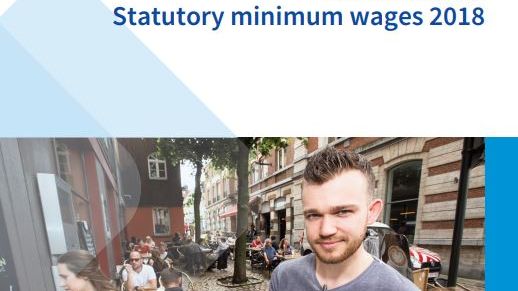
The new report Game changing technologies: Exploring the impact on production processes and work summarises the findings of five case studies on the likely impact of game changing technologies on production and employment in the manufacturing sector in Europe up to 2025.

The Heads of the EU Agencies have pledged to communicate to their staff that harassment in the workplace is not acceptable, to ensure respect for existing laws and the staff regulation, to promote diversity at work, and to provide a trusted environment in the workplace.
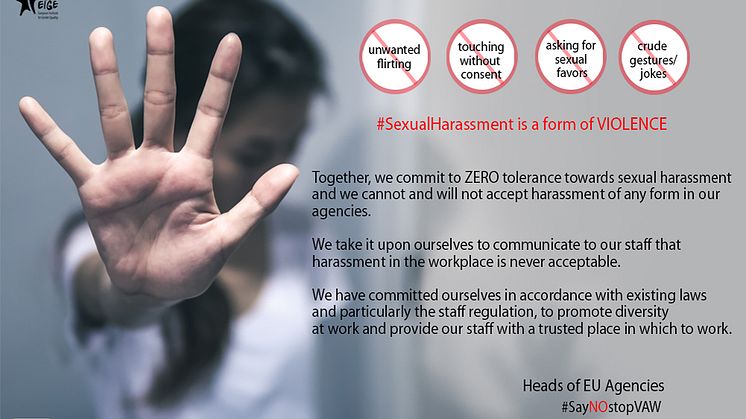
Eurofound and the European Economic and Social Committee, under the banner of the Bulgarian Presidency of the EU, bring together representatives of the social partners, EU institutions, national and regional representatives, practitioners, civil society and academics to debate on access and quality of public services in EU28, as highlighted in Eurofound’s European Quality of Life Survey.
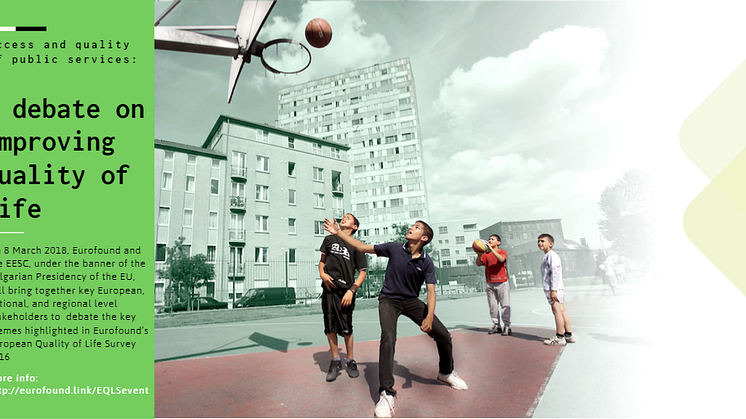
Ahead of International Women’s Day on 8 March we invite you to explore the issue of gender equality in depth, to read about the different areas in which gender equality is most urgently needed. Eurofound assists in the development of better social, employment and work-related policies for all EU citizens and those that call Europe home.

The pilot project on the Future of Manufacturing in Europe was launched in 2015 to explore the prospects for a globally competitive future in manufacturing and the associated implications for employment in terms of the number of jobs, workforce composition, skill needs and geographical dispersion throughout Europe.

The new report on Working conditions of workers of different ages uses data from the latest European Working Conditions Survey in order analyse the different factors contributing to workers deciding to continue working in later life.
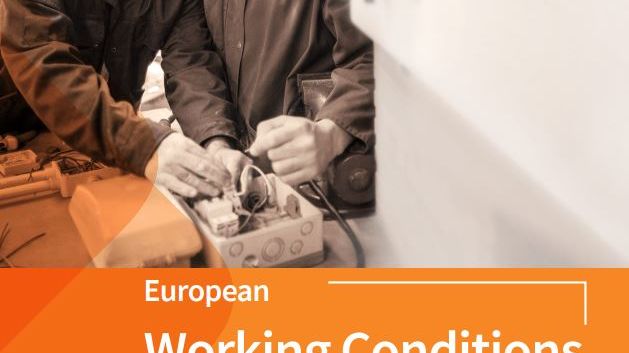
The overview report for the latest European Quality of Life Survey is now online. Nearly 37,000 people in 33 European countries were interviewed in the last quarter of 2016 for the fourth wave of the European Quality of Life Survey. This overview report presents the findings for the EU Member States.
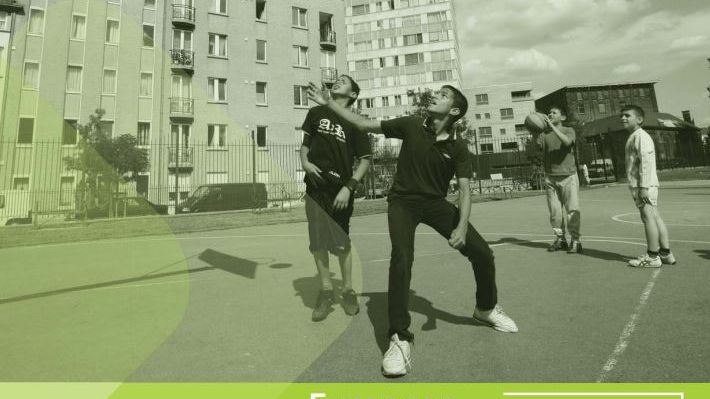
Eurofound will launch its new report on care homes for older Europeans at a special event on Tuesday 28 November 2017 in Europe House, Dublin.
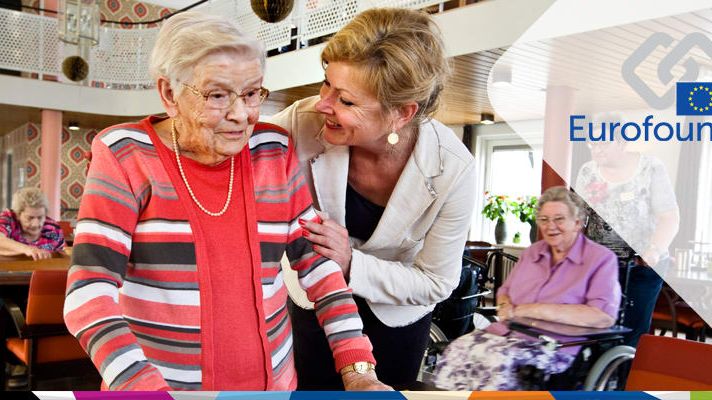
The Foundation Forum is Eurofound’s flagship event, aimed at reaching high-level policymakers in the field of social, employment and work-related policies. The event takes place in Dublin on 14-15 November 2017.
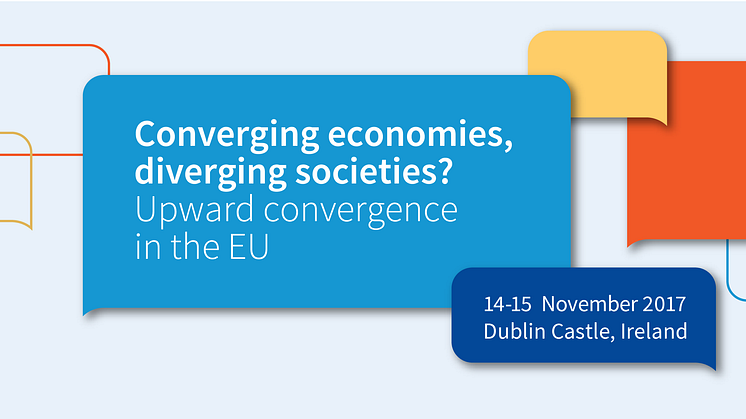
Friday 3 November is European Equal Pay Day. In the following blog piece Christine Aumayr-Pintar looks at the issue of pay inequality, contending that far from being a fair weather issue, addressing pay gaps should be an ongoing priority for Europe.
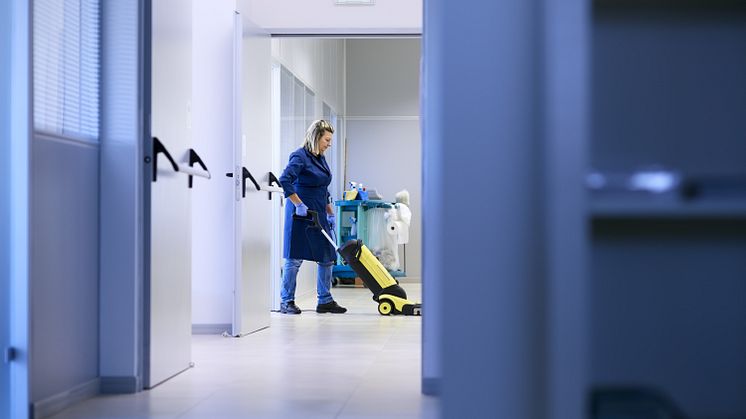
Working time is more than just clocking in and clocking out. In this blog piece, originally published in Social Europe, Jorge Cabrita looks at three reasons why working time in Europe should follow a life course perspective.

In this new blog piece Mathijn Wilkens looks at the multi-faceted nature of self-employment in Europe – from the entrepreneurial independent self-employed, to those that find themselves in a more vulnerable position.

Manufacturing is on the up in Europe. The latest data shows that, for the first time since 2005, the number of new manufacturing jobs announced in national media outstripped the number of announced job losses. In this blog piece Andrea Broughton and John Hurley take a closer look at the resurgence of the sector.
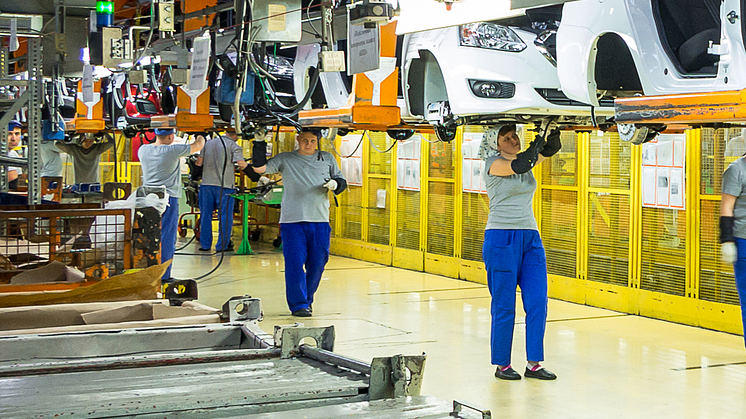
20 October is European Statistics Day, an initiative of the European Statistical Advisory Committee (ESAC) and with the support of the members of the European Statistical System and the European System of Central Banks.

Die Kategorie der NEET ist breit angelegt und deckt eine heterogene Bevölkerung ab. Um die verschiedenen Merkmale und Bedürfnisse der Untergruppen besser verstehen zu können und maßgeschneiderte wirksame politische Strategien zur Wiedereingliederung in den Arbeitsmarkt oder das Bildungswesen entwickeln zu können, ist es wichtig, eine Aufschlüsselung in Untergruppen vorzunehmen.
